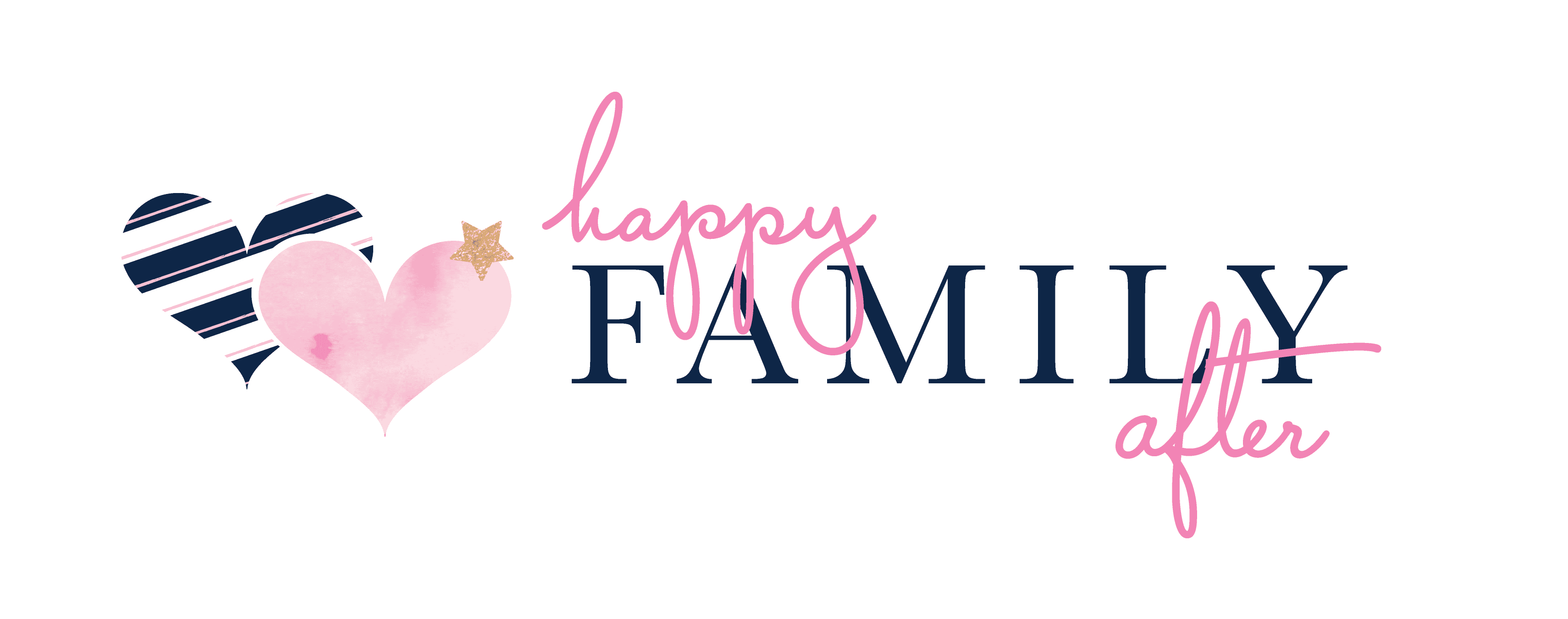I actually think my baby is happier after sleep training, why is that?
As a sleep consultant for babies and toddlers, I guide parents through the sleep challenges that often accompany the early years of parenting for a living. I walk alongside parents while we tackle this huge hurdle – changing a child’s sleep habits. Some of the babies I meet are waking up every 30 to 45 minutes all night long when I meet them, while others take hours to fall asleep, or have only learned to fall asleep in a parent’s arms or by some really specific and detailed combination of rocking, swaying, singing, bouncing and nursing that continues to lengthen while also working less effectively with each passing day.
I meet these babies and their families, often at their most weary, desperate for a decent night of sleep. I stay with them for a few short days, and by the time I say goodbye, they are well on their way to sleeping through the night, napping at predictable intervals, and best of all – doing so all by themselves.
When parents are seeking solutions for their sleepless nights, they are often met with conflict and controversy surrounding sleep training. Parents are commonly told that children who are sleep trained have simply learned to “give up” on crying for their parents, or that a baby will lose its trust and confidence in their caregivers in this process. Imagine the surprise a caregiver experiences then, when their baby is happier than they’ve ever been after sleep training.
As someone with a background in early childhood development, I am always asking the ‘why’ behind a child’s behavior. Why would a child who was already happy, even when sleep deprived, become even happier after going through the process of sleep training?
Of course the obvious answer is the increased sleep the child is getting. We cannot ever discount how much sleep impacts a person’s demeanor and ability to enjoy life, and it is absolutely true that people who get more sleep tend to report enjoying their lives more. There’s more to it than that though. The process we use during sleep training has never been about teaching a child to give up on calling for a parent, but rather, about teaching a child that they have all the tools they need to go to sleep independently and sleep that way all night.
Think about a time you learned how to do something on your own for the first time. Whether learning to ride a bike without training wheels as a young child, driving your first car, or learning a new process at work last week comes to mind, I would imagine you felt a sense of pride at achieving that new skill. Your baby also feels a sense of achievement when learning a new skill and gaining independence.
Babies begin developing problem-solving skills as early as 3-5 months of age. This begins with such things as your baby being able to distinguish between a known caregiver and an unfamiliar face, and advances to your baby learning that if they’d like to grab a toy, they can extend their arm and reach for it. Your baby begins to understand that their actions cause reactions from experimenting during play. Your child may see a toy outside of a distance they can reach, and while reaching for it, they accidentally roll over, bringing them closer to the toy. The surprise of rolling over initially is upsetting for them, but they recover and suddenly find themselves closer to the toy. Building an understanding of cause and effect leads to the development of problem-solving skills. The next time a toy is just out of reach, your baby might begin to roll over because they now know how to move their body in a direction towards the toy. There’s less fussing this time because they have learned what to expect from the process. You might even catch them looking in your direction once they get the toy – because they’re proud and want to celebrate their success with you!
Sleep training is a similar learning process. At first, going to bed independently is new and surprising; it might even be upsetting for your child. But with practice, they get better and better at falling asleep independently. Your baby figures out their preferred position for sleep, and how to get there on their own. As a result, the baby starts sleeping longer periods of time, and getting more sleep overall. Their confidence in their ability to sleep, and when to do so builds, and they are happy and content in their sleep environment. Before long, you might find your child asking to go to sleep, or heading for their sleep space when they’re tired, and waking up with a huge smile on their face. With increased independence and more sleep, comes happy, confident, content babies.
So the next time somebody says “Wow! Your baby is so happy,” you can let them know “that’s because we sleep trained them!”
